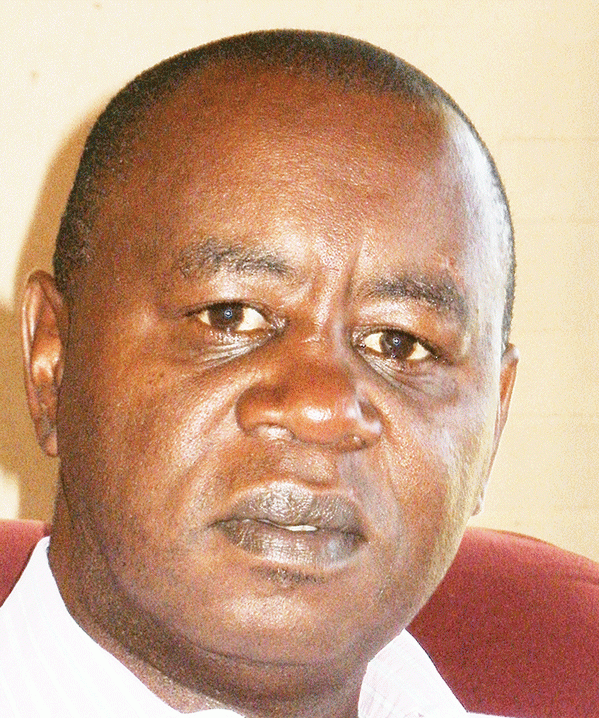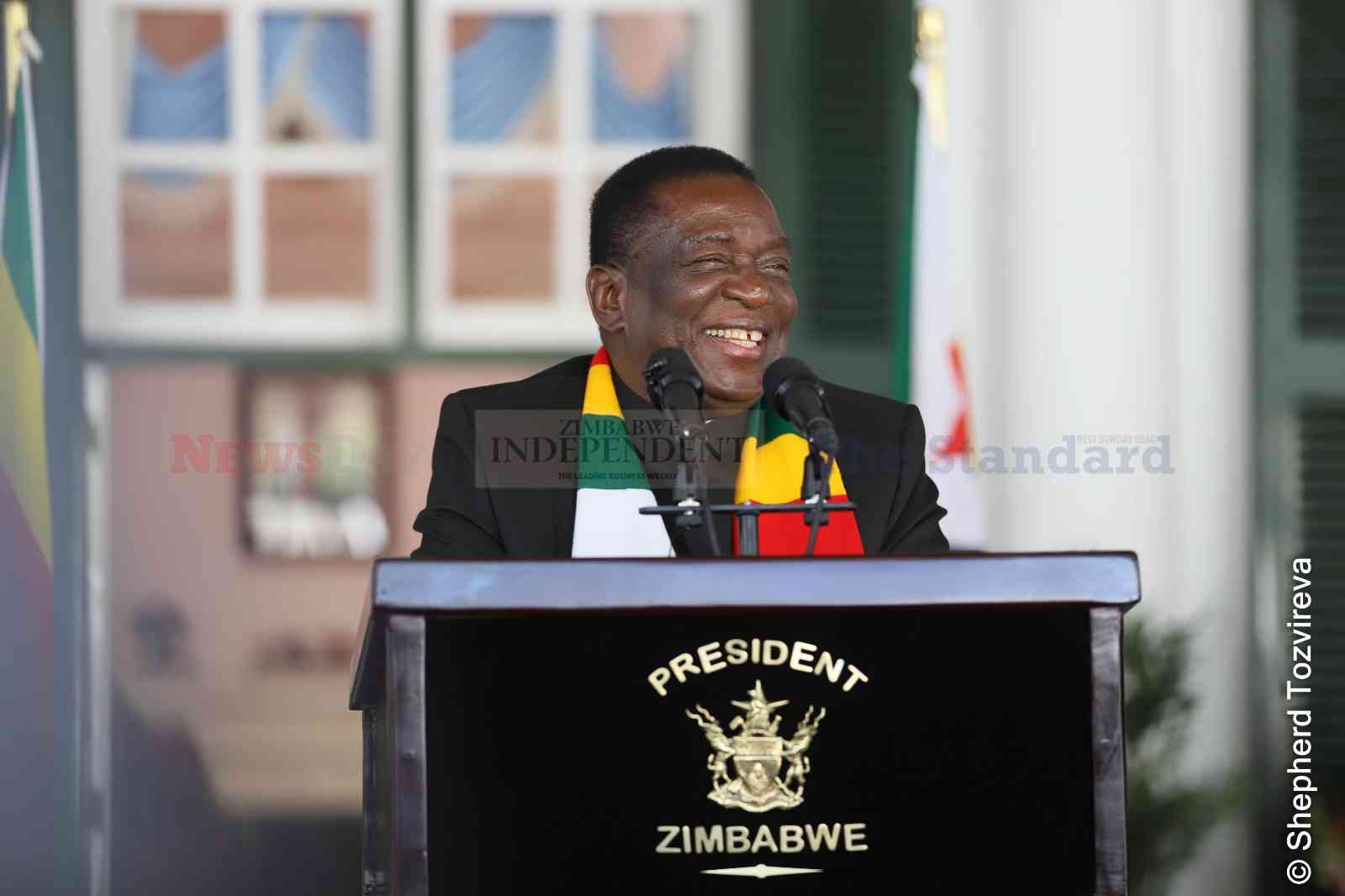
By Vince Musewe
“COUNTRIES that are more politically inclusive are likely to enjoy better natural resource management and developmental outcomes. Countries where a greater proportion of society has a voice in policymaking and where decisions are made on the basis of public goods provision to the many rather than private spoils to the few are more likely to benefit from welfare-enhancing policies that share developmental riches across social, political, and economic groups in a sustainable fashion.”
And so says the book titled “Rents to Riches” The Political Economy of Natural Resource–Led Development. The book looks at the political economy of resource curse prevalent in many resource rich countries. It presents an analytical framework for assessing a country’s political economy and institutional environment as it relates to natural resource management and, on that basis, it offers a substantial set of targeted prescriptions across the natural resource value chain that are technically sound and compatible with the identified underlying incentives.
The observations are that in many developing countries, the extractive industry sector is both shaped by and in turn has an influence on political, economic, societal, and institutional dynamics. Understanding the political economy surrounding resource rents is, therefore, crucial to achieving sustainable development built on resource riches.
Research findings have proved that many resource-dependent developing countries pursue short-sighted, suboptimal policies for extracting resources and capturing rents, and they subsequently allocate those rents in ways that often the privilege elite private consumption rather than public investment that enhances growth and collective social welfare.
A “paradox of plenty” exists in resource-rich poor countries, where extractive endowments are not well managed and invested to improve public welfare and infrastructure but are siphoned off by a predatory coalition.
Effective national resource management value chain encompasses the institutional arrangements across five key dimensions, these being: sector organisation and the award of contracts and licences; regulation and monitoring of operations; collection of taxes and royalties; revenue distribution and public investment management; and implementation of sustainable development policies.
An interesting phenomenon is that the political economy, shaped by years of political history and culture, plays a significant role in determining the extractive endowment development trajectory of a country and it is important to understand the various typologies which are identified in the book. Understanding the underlying “political economy typologies” allows us to have a better appreciation of why things are the way they are and why we are somehow unable to transform our extractive sector and what we need to do to get new results.
- Chamisa under fire over US$120K donation
- Mavhunga puts DeMbare into Chibuku quarterfinals
- Pension funds bet on Cabora Bassa oilfields
- Councils defy govt fire tender directive
Keep Reading
Many a time we tend to focus on economic policy as a key determinant of progress, but policies are driven by structure, motives and dynamics of the political economy and can, indeed, be made sterile by the exercise of narrow political interests at the expense of inclusive, participatory broad-based development.
The four underlying political economy typologies identified in the book include:
Patrimonial rule: political economic settings characterised by individualised political authority, usually resting on a hierarchy of cronyism, where the exercise of power faces few constraints. These can be settings of persistent instability and a high degree of political contestation with frequent turnover among conflicting groups; or they can be characterised by dictators who avoid establishing organisational arrangements that constrain their actions (such as an institutionalised ruling party). These “roving bandits” are typically unlikely to make credible intertemporal commitments or protect property rights because they are unconstrained.
In settings of patrimonial rule, extractive capacity is low, constant theft from society means economic production is low, time horizons are short, and the exploitation of public resources for private gain is common.
Hegemonic government: an uncontested, institutionalised political force or one-party regime, or “stationary bandit,” that successfully monopolises “theft” through regular taxation and in turn provides peaceful order and some degree of public goods for society.
The degree to which the regime needs to pay off other social groups (usually with a mix of particularistic and developmental goods) can vary, and it relates to the predictability of succession and the potential of revolt.
For example, in Angola, the ruling elite is able to enrich itself with relative inattention to broader societal demands. Whereas, in Suharto-era Indonesia, a certain degree of broad-based growth and development was necessary to underwrite the regime’s grip on power.
Thus, hegemonic governments can appear either predatory or relatively benevolent.
Time horizons are lengthened due to regime stability; combined with greater institutionalisation, this enables credible intertemporal commitment.
Clientelist pluralism: political-economic settings where some degree of political competition takes place (mainly through electoral con-tests), usually on the basis of extensive patron-client networks.
The need to reward supporters results in some public goods provision; but the reliance on clientelist distribution of particularist goods to mobilise support undermines vertical and horizontal accountability and has self-enforcing characteristics that lead to the under-provision of public goods that enhance collective welfare.
Time horizons are short because politics is relatively unpredictable and the degree of institutionalisation (and hence constraints on power) is low.
Programmatic pluralism: electoral competition on the basis of programmes that are geared towards collective welfare enhancement, with an emphasis on society-wide public goods provision.
A higher degree of institutionalisation brings with it built-in democratic mechanisms of horizontal and vertical accountability, facilitates the articulation and protection of property rights, and enables credible intertemporal commitment.
It is clear that any intended transformation of the extractives sector requires policymakers to first understand the political economy without which transformation will be almost impossible.
Zimbabwe must transform its resources sector in order to achieve its inclusive developmental agenda.
- Vince Musewe is an independent economist, you can contact him at [email protected]











